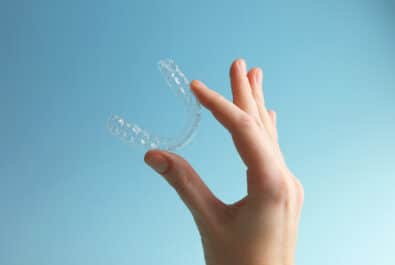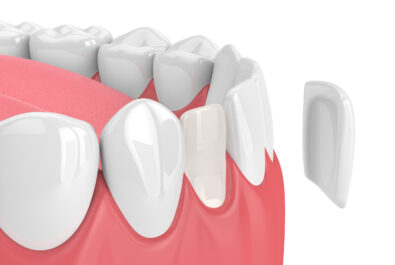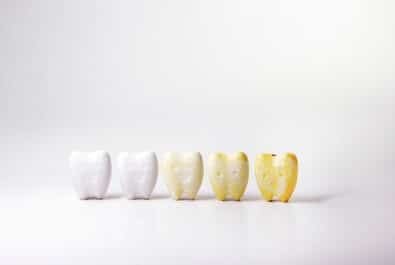It’s a little gooey, a little gross, and oh-so important for maintaining a healthy oral environment. It’s saliva, that wet stuff that flows through your mouth throughout the day and, although we take it for granted, spit is full of surprises. Saliva changes constantly, helps you perform a wide array of vital activities, and even repairs minor tooth damage.
What is Saliva Made of?
It’s probably no surprise that human saliva is comprised of 99.5% water. What is surprising is the complexity of the remaining .5%. In addition to water, saliva contains a wealth of electrolytes like sodium, potassium, and magnesium; mucus; antimicrobials like hydrogen peroxide; and a host of different enzymes. The average human produces approximately three-quarters to one and a half liters of saliva per day. Yet, for as much as you salivate during the day, saliva production drops to almost nothing when you fall asleep. Produced primarily by the submandibular gland and, to a lesser degree, the parotid gland, the viscosity and chemical composition of your saliva fluctuates throughout the day and in response to different activities.
What Does Saliva Do?
Sure, saliva makes kissing more fun and it makes your teeth look shiny, but it also serves a number of vital biological functions that maintain a healthy mouth and a healthy body:
- Covers the soft oral tissue, protecting them from damage that could occur as a result of eating and speaking.
- Certain enzymes in the saliva serve a pre-digestive role by breaking down simple sugars and fats before they pass through the GI tract.
- Enhance taste by carrying chemicals responsible to the taste receptors on the tongue.
- Cleans the mouth by controlling populations of oral bacteria, washing away food particles and dead cells, neutralizing oral acids by maintaining an average pH of 6.2-7.4, and remineralizing tooth enamel after eating.
The Dangers Dry Mouth
You know the way your mouth feels after you wake up in the morning? It’s parched, a little crusty, and even swallowing or speaking feels uncomfortable. That’s dry mouth, known clinically as xerostomia, and it can lead to some serious oral health problems if it becomes a chronic issue. Without proper salivation, plaque, food, and bacteria build up and dramatically increase the risk for tooth decay and gum disease. Eating drier foods (like lean meat or bread) becomes nearly impossible without saliva to moisten and aid in swallowing and many people with chronic dry mouth report a reduction in tasting ability. Staying hydrated is the best way to prevent incidental dry mouth. People taking medication that causes dry mouth or who have a medical condition that inhibits proper salivation (like diabetes or Sjogren’s disease) often have to use artificial saliva or medicines that stimulate saliva production.
About Shawn Hofkes, DDS
With advanced training in oral and maxillofacial surgery and certification in oral and IV sedation, Shawn Hofkes, DDS performs advanced dentistry from our state-of-the-art dentist office in Cerritos, CA. To schedule your appointment or consultation with Dr. Hofkes, contact us today. We proudly serve patients of all ages from Cerritos, Lakewood, Long Beach, Buena Park, and all surrounding communities.














